Stop Your Puppy From Nipping
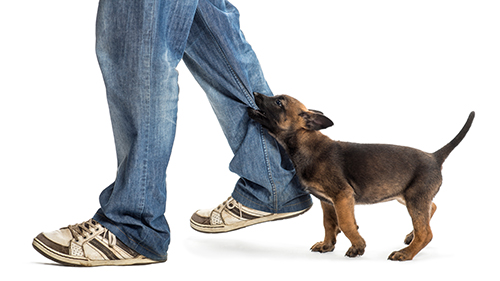 Bringing home a new puppy can be an exciting and joyous experience. However, one common issue that many new puppy owners face is nipping. While nipping is a natural behavior for puppies, it can be painful and concerning for owners. Nipping is a way for puppies to explore their world and engage in play, but it is important to teach them appropriate behavior to prevent any potential harm.
Bringing home a new puppy can be an exciting and joyous experience. However, one common issue that many new puppy owners face is nipping. While nipping is a natural behavior for puppies, it can be painful and concerning for owners. Nipping is a way for puppies to explore their world and engage in play, but it is important to teach them appropriate behavior to prevent any potential harm.
Understanding Why Puppies Nip
it’s important to understand why they engage in this behavior. Nipping is a natural instinct for puppies and is a way for them to interact with their environment. Puppies explore the world through their mouths, and nipping is a part of their development process.
Puppies also nip as a form of play and to communicate. They might nip at your hands, feet, or clothing as a way to engage in a game or get your attention. Additionally, teething can cause discomfort in puppies, leading them to nip in an attempt to relieve their pain.
By understanding these underlying reasons, you can better address the issue and use effective methods to redirect your puppy’s nipping behavior.
The Importance of Early Training
Early training is crucial because it sets the foundation for your puppy’s behavior and helps them understand what is acceptable and what is not. Consistency and positive reinforcement during this stage can go a long way in preventing nipping and other unwanted behaviors.
By starting training early, you can establish boundaries and teach your puppy appropriate ways to play and interact. This will not only ensure a happy and well-behaved companion but also create a strong bond between you and your furry friend.
Creating a Consistent Routine
To stop your puppy from nipping, create a consistent routine is essential when it comes Dogs thrive on structure and predictability, so establishing a daily routine will help your puppy understand what is expected of them and reduce their urge to nip.
Start by setting a consistent schedule for meals, walks, playtime, and training sessions. This regularity will provide your puppy with a sense of security and stability, allowing them to focus on learning and adapting to their surroundings.
When it comes to playtime, ensure that you have a variety of appropriate toys available for your puppy. This will redirect their attention away from nipping and onto toys that are meant to be chewed on. If your puppy starts nipping during play, calmly redirect their attention to a toy and praise them when they engage with it.
Consistency is key throughout the training process. By establishing a consistent routine, you are setting clear boundaries for your puppy and teaching them appropriate ways to interact with you and their environment.
For additional tips on training your puppy, contact Whitworth Animal Clinic and Dr. Charles Whitworth. They are experts at training puppies!


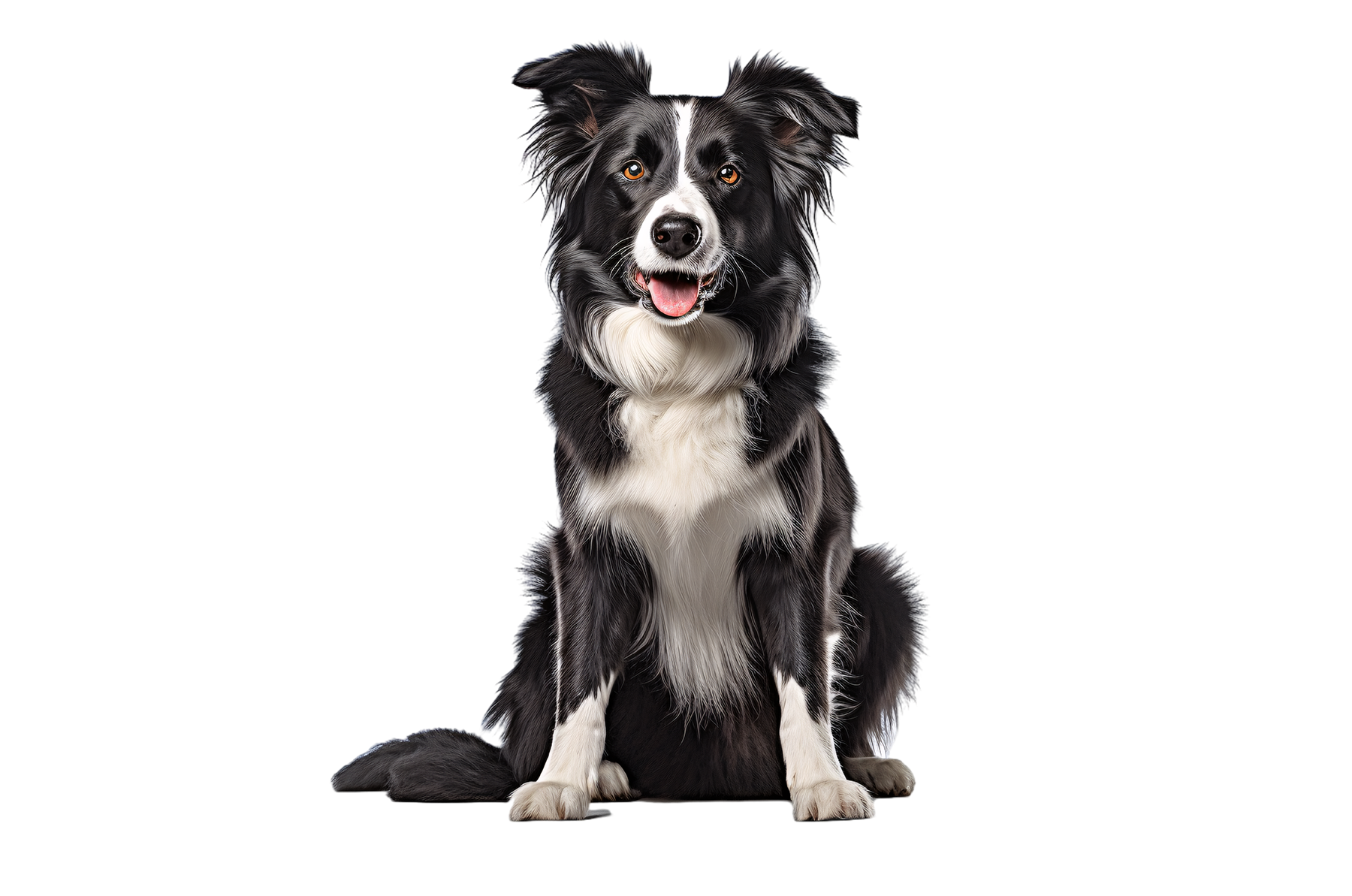
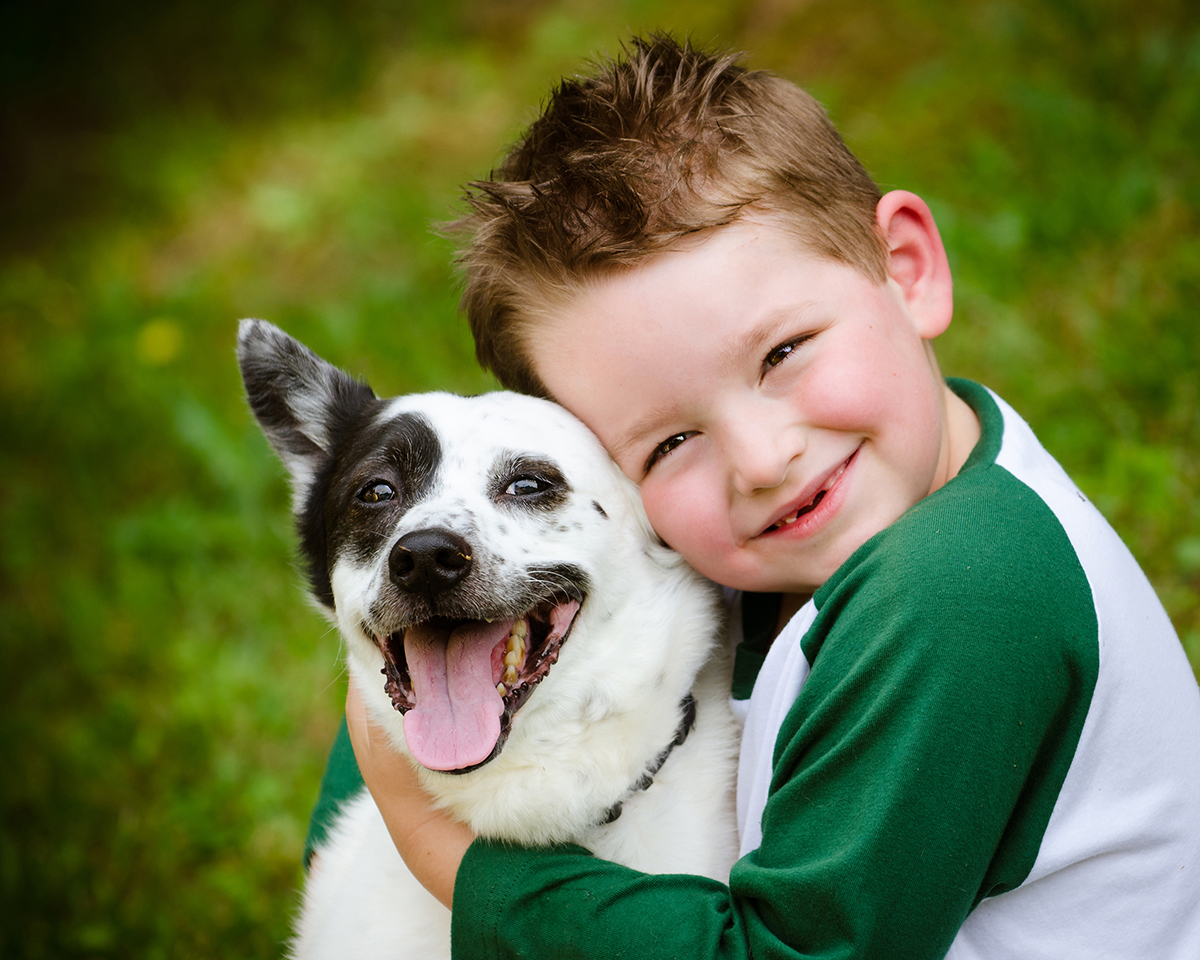
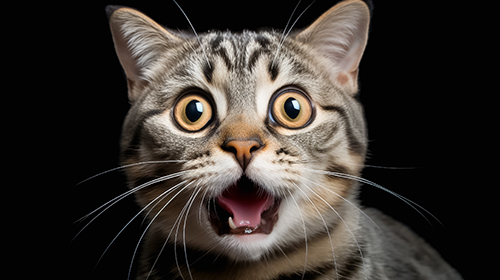
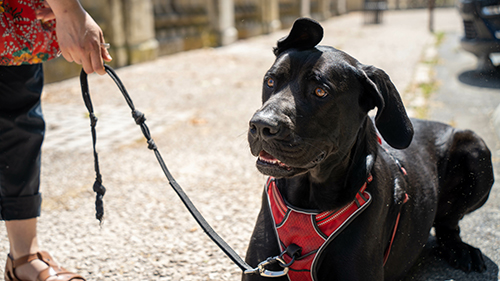

Leave A Comment